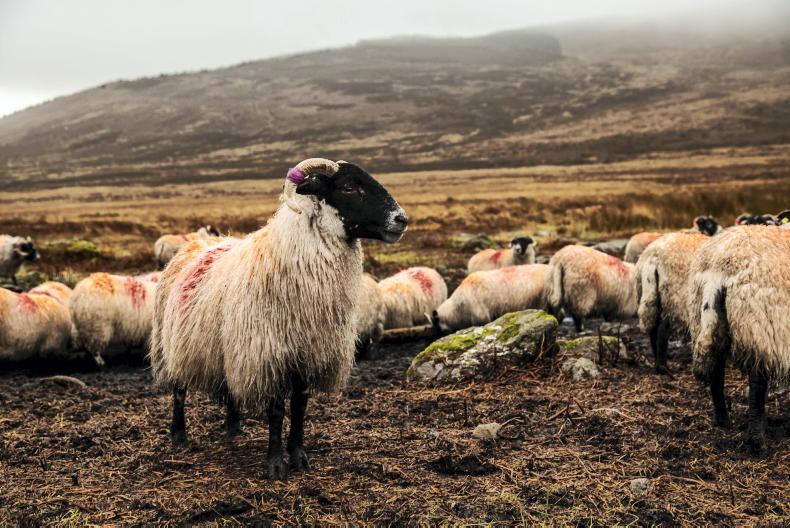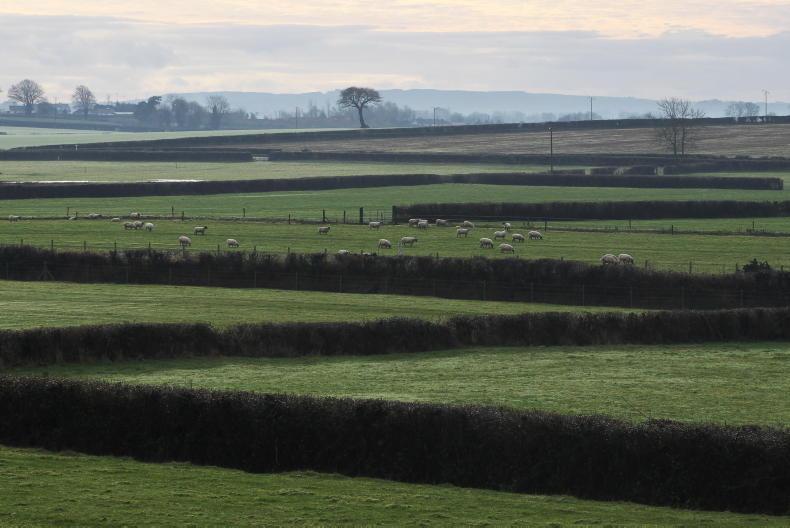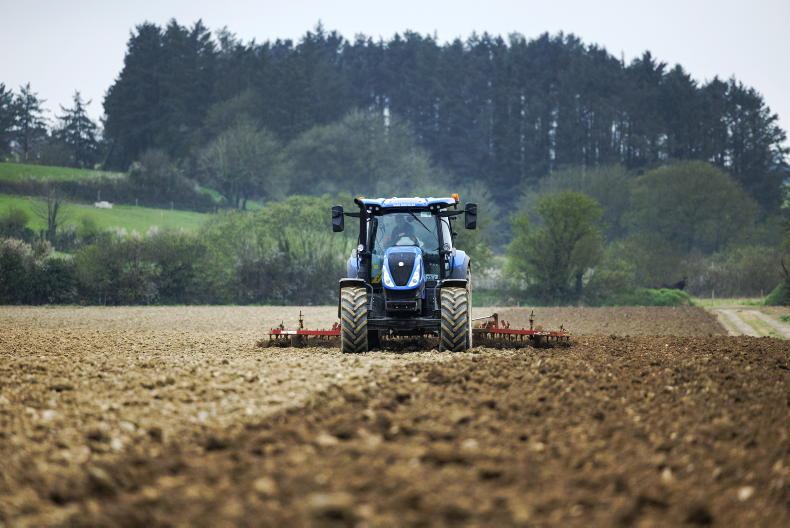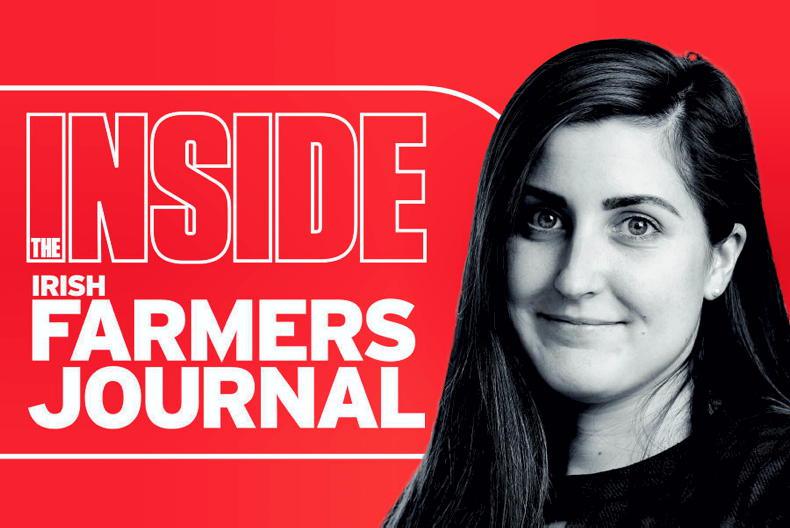A tiny war of words between the IFA and INHFA may be a foretaste of a fraught CAP debate. In itself, it was little or nothing, a stray comment in what I understand was meant to be an internal conversation that went public. For Tim Cullinan, it’s a reminder that when you are the IFA president, everything you say will be regarded as fair game.
Underneath that is a far more important point. The IFA and the INHFA do not disagree on the issue of further designation of land. Indeed, both organisations are campaigning for more assistance for farmers struggling to cope with the limitations imposed by Special Area of Conservation (SAC), Special Protection Area (SPA) and Natural Heritage Area (NHA) designations.
The IFA might dispute the weight of the EU Biodiversity document discussed at the INHFA meeting
They agree that the loss in value of such designated land requires compensation.
Locally-led schemes have provided some insight as to how this can be addressed, but the amount of money required is eye-watering.
The IFA might dispute the weight of the EU Biodiversity document discussed at the INHFA meeting, whereas the INHFA felt it was best to confront this issue head-on at the earliest opportunity. That meeting, held a fortnight ago, would not now be possible under the COVID-19 restrictions announced on Tuesday evening.
Lockdown
The lockdown is at the heart of the difficulty facing all the farm organisations. We have a CAP budget, and the German presidency wants to crack on with developing a new CAP for the coming decade, so Ireland must formulate a strategy.
In these abnormal times, farmers can’t meet to debate and devise policy, or to fine-tune and endorse proposals.
This would be a difficult task at the best of times
The danger is that Dara Calleary escapes any pressure from farmers, as a lack of coherence allows him to play the farm organisations against one another on convergence, on the essentials of an agri-environmental scheme, on recoupled payments (for drystock farmers in particular) and on designated lands.
Throw in capping of payments, a retirement scheme, young farmer incentives, and reforming the rules that allow ongoing leasing of entitlements by armchair farmers, and you quickly see there’s a lot to be decided. And then there’s new REPS for good measure.
This would be a difficult task at the best of times, and these are, it’s safe to say, not the best of times.









SHARING OPTIONS